Did you know that an ERP system is a solution to link multiple applications that your company uses effectively? The software ensures accurate operation, providing a 360-degree total view of the intricate details of your business.
With an ERP system, your company improves both user efficiency and productivity, which ultimately improves customer service. Below are some of the key ERP benefits you should know before implementing a robust ERP system.
1. Full Visibility
An ERP system provides full access to every essential process in your company by making the data easily available to management. For example, your company can monitor day-to-day levels, including future shipments that have not yet been received and inventory that is currently in transit. With an ERP system, your company is aware of the stock level, and you manage the working capital at a more specific level.
Moreover, this availability of information from your company leads to better cooperation and a smoother completion of the work. The full visibility helps to track different business processes with maximum efficiency easily. You also enjoy more cohesive workflows. In this way, you as a company can make quick decisions with confidence.
2-Modular Construction
One of the main advantages of the ERP system is its modular structure. Today, most ERP vendors offer multiple applications, which are implemented together according to your company's needs. With a few exceptions, each application can stand alone or integrate with larger applications. This way, your business will choose components within the software that works best for you.
Another aspect of the software concerns the way the software is implemented in your company. An ERP software is available via the cloud or on-premise. If you opt for on-premise, it is important to purchase the physical software and install it on all computers and servers of your company. A disadvantage of this is that you have to update your system more often. If you opt for an ERP system in the cloud, the complete software bundle works everywhere with only a working internet connection and updates are carried out automatically.
3. Improved Customer Service
Generally, ERP systems come with all kinds of CRM applications along with finance, sales and other front-office functions. The CRM function of the ERP system is the primary way your company remains competitive in the market, and you obtain repeat customers. For example, customer service and sales representatives can better communicate with customers and build strong relationships with them. They gain access to more accurate information about the customer and associated history provided by the ERP system.
4. Improved Planning and Reporting
In addition to full visibility, an ERP system also offers a general better insight. By implementing an ERP system in all departments, your companies can have a separate reporting system for each process. An ERP system can quickly generate reports and analyzes at any time. This software allows your organizations to compare and analyze functions across departments, eliminating the need to worry about many different spreadsheets and data.
In addition, many ERP vendors provide intelligent business services along with their software. The features enable your company to gain a deeper level of analytical understanding of its operations. Your enterprise will receive business planning support as these insights identify problem areas as well as operational strengths that need improvement. These detailed overviews of your company data help employees make more informed decisions based on statistics and trends.
5. Improved Collaborations and Workflows
Good relationships are an essential part of your business. Successful partnerships generally require more time and hard work. However, an ERP system has streamlined the collaboration process by providing your employees with access to all data at any time. ERP platforms provide an interdepartmental database, where the data from each department is routed to one centralized location.
This allows you to view real-time project updates and ensure better interaction throughout the organization. With the ERP system, every employee has access to the entire company's data, giving them a clear view. Employees use the tools that help them make proactive decisions. Ultimately, this results in increased efficiency and lower operational costs associated with manual data tracing, and higher employee engagement.

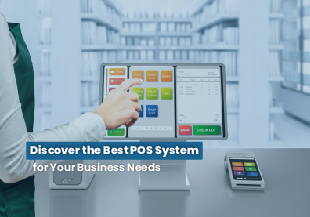
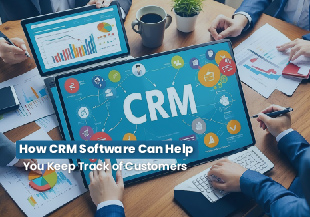
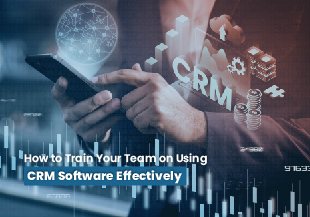
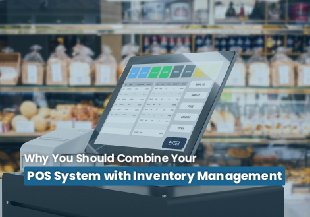
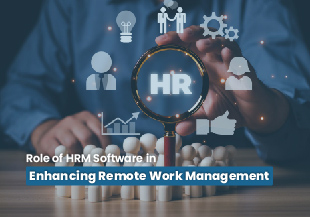
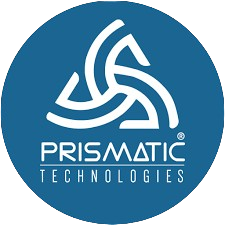 Chat with Prismatic Bot
Chat with Prismatic Bot